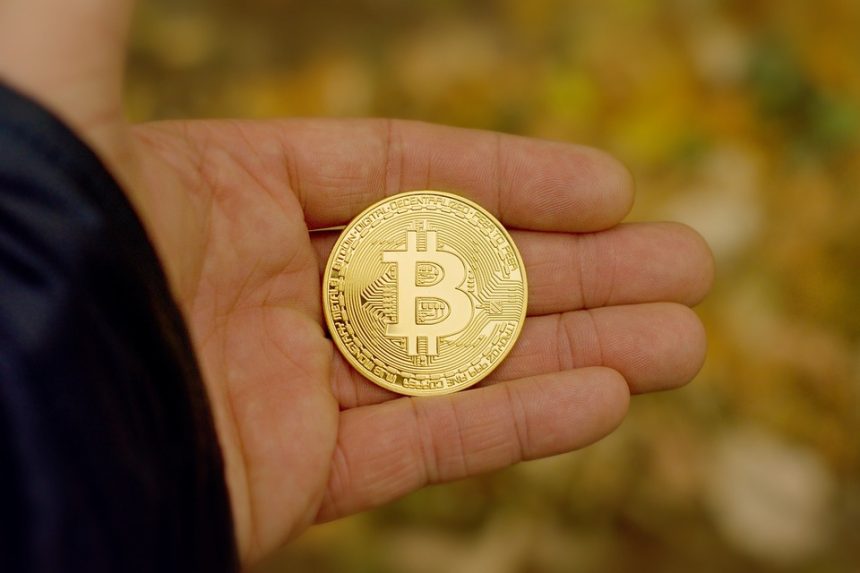In recent years, the financial landscape has undergone a dramatic transformation, heralding the rise of decentralized finance (DeFi) as a pivotal force in shaping the future of economic systems. Blockchain technology and cryptocurrencies have become household terms, not just among tech enthusiasts, but to the average consumer, prompting a reevaluation of traditional financial paradigms. As we stand on the cusp of an exciting evolution, let us delve into predictions on the rise of DeFi and the broader implications of a decentralized future.
Understanding Decentralized Finance (DeFi)
At its core, DeFi refers to a burgeoning ecosystem of financial applications built on blockchain technology designed to replicate and innovate upon traditional financial services such as lending, borrowing, trading, and investing. By eliminating intermediaries, DeFi aims to democratize access to financial resources, reduce fees, increase transparency, and create a more inclusive system.
The cornerstone of DeFi is programmable money, facilitated by smart contracts on platforms like Ethereum. These contracts execute automatically, ensuring trustless transactions and opening up a world of possibilities for financial creativity. With the rise of platforms such as Uniswap, Compound, and Aave, DeFi has garnered significant traction, leading to the explosion of liquidity, innovation, and participation.
Predictions for the Rise of DeFi
1. Massive Increase in Mainstream Adoption
As technology becomes increasingly user-friendly and accessible, we predict a surge in mainstream adoption of DeFi. Platforms will evolve to serve novices as well as seasoned investors, with intuitive interfaces and educational resources. Financial literacy programs integrated into DeFi platforms could empower millions to engage in decentralized trading, lending, and asset management, breaking down barriers to entry.
2. Enhanced Regulatory Clarity
With the rapid growth of DeFi, regulatory scrutiny is intensifying around the world. Governments will recognize the need for comprehensive frameworks to protect consumers while fostering innovation. This expected shift toward regulatory clarity will bring legitimacy to the DeFi space, encouraging institutional investments and building trust within the ecosystem.
3. Interoperability Across Blockchains
Today’s DeFi platforms often reside within siloed ecosystems, leading to inefficiencies and a fragmented user experience. Future advancements will likely prioritize cross-chain interoperability, allowing assets to move freely between different blockchain networks. This will pave the way for an interconnected DeFi landscape where users can leverage the strengths of various platforms without the complexity of navigating multiple systems.
4. Integration of Traditional Finance and DeFi
The boundaries between traditional finance and DeFi will blur as incumbent financial institutions recognize the potential benefits of blockchain technology. We foresee partnerships between established banks and emerging DeFi platforms, leading to hybrid models. Traditional banks could adopt DeFi protocols for back-end operations, enhancing efficiency while offering decentralized services to clients.
5. Expanding Use Cases and Financial Instruments
The innovation in DeFi is only just beginning; we predict an explosion of new use cases and sophisticated financial instruments over the coming years. From derivatives and insurance products to synthetic assets, the breadth of potential financial solutions could rival those of traditional finance. This diversification will attract a wider audience, from retail investors to institutional players.
Beyond DeFi: The Decentralized Future
While DeFi is a significant component of a decentralized future, it is merely one part of a larger movement toward decentralization in various domains. Other sectors are also ripe for disruption:
1. Decentralized Identity and Data Ownership
As concerns about personal data privacy escalate, decentralized identity solutions will emerge as vital tools for individuals wishing to maintain control over their personal data. Blockchain-based identity verification methods could eliminate the need for centralized authorities, empowering users with true ownership of their digital identities.
2. Governance and Decentralized Autonomous Organizations (DAOs)
The concept of decentralization extends beyond finance. DAOs will gain prominence as communities seek to govern themselves without hierarchical structures. These organizations, built on blockchain, will enable collective decision-making, funding mechanisms, and project management that empower individuals and create transparent ecosystems.
3. Web 3.0 and Decentralized Internet
The future of the internet, often referred to as Web 3.0, envisions a shift from centralized platforms to decentralized applications (dApps) powered by blockchain technology. This evolution seeks to return data ownership to users, diminish censorship, and create a more equitable digital landscape.
Conclusion
The rise of DeFi and the broader decentralization movement presents a groundbreaking opportunity to redefine our economic systems, bolster innovation, and enhance individual sovereignty. As we look ahead, it is imperative for participants in this nascent ecosystem—developers, investors, regulators, and users alike—to collaborate, adapt, and push the boundaries of what is possible. The future is indeed decentralized, and the journey has only just begun.





